Cloud ERP represents a dynamic shift in enterprise management, offering integrated applications that drive automation and improve real-time decision-making. This solution involves deploying ERP software on cloud platforms, enabling businesses to manage operations seamlessly across the organization.
As enterprises modernize, Cloud ERP provides essential support to business processes by delivering scalability, flexibility, and robust functionality. With the ability to streamline diverse operations, it shifts focus from traditional IT maintenance to strategic business growth. Organizations recognize the importance of cloud-based solutions in enhancing business performance, while the ability to access a wealth of analytical insights further adds to their appeal.
What are the critical features?
What benefits and ROI should organizations expect?
Several industries, including manufacturing and retail, implement Cloud ERP to optimize supply chain management and inventory control. Healthcare organizations use it for patient data management and billing, ensuring compliance and operational efficiency.
Cloud ERP solutions streamline processes and reduce costs, making them crucial for organizations focusing on innovation and agility in a competitive market landscape.

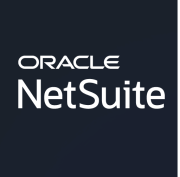




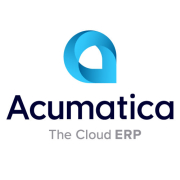





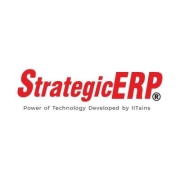
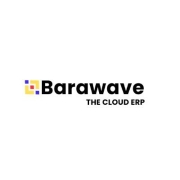

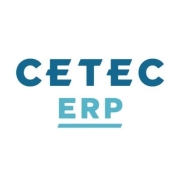















Cloud ERP systems streamline business operations by integrating various departments into a single platform. You can access real-time data, reduce manual processes, and enhance decision-making. The system's automation capabilities minimize errors and eliminate redundant tasks, providing your business with a smoother workflow and the agility to respond quickly to market changes.
Is Cloud ERP secure for my business data?Cloud ERP providers prioritize data security and employ advanced measures like encryption, multi-factor authentication, and regular security audits to protect your data. These systems also ensure compliance with industry standards and regulations. You can have peace of mind knowing that your business data is stored in secure, reliable servers with continuous monitoring for potential threats.
What cost benefits can I expect from a Cloud ERP solution?Cloud ERP solutions typically involve a subscription-based pricing model, which reduces the need for heavy upfront investments in hardware and software. You can avoid maintenance costs associated with traditional on-premises systems. Additionally, these solutions enable you to scale resources up or down based on your business demands, allowing you to pay only for what you use and optimizing cost management.
How does Cloud ERP enhance remote work capabilities?Cloud ERP platforms offer access to your business data and processes from any location with an internet connection. This flexibility enhances collaboration across teams, regardless of their physical location, and ensures continuity of operations in remote work scenarios. With real-time updates and remote access, your team can maintain productivity and stay connected with clients and each other.
What should I consider when choosing a Cloud ERP provider?When selecting a Cloud ERP provider, evaluate factors such as scalability, integration capabilities with existing systems, customization options, and ease of use. Look for a provider with a solid reputation and robust customer support. Assess the system's security features and ensure compliance with relevant regulations. A scalable and user-friendly solution can cater to your business's evolving needs and offer a smooth experience for users.